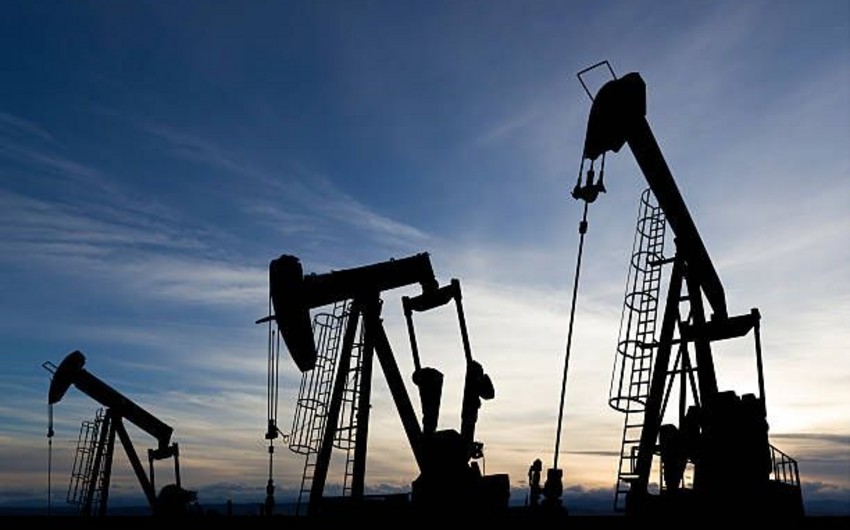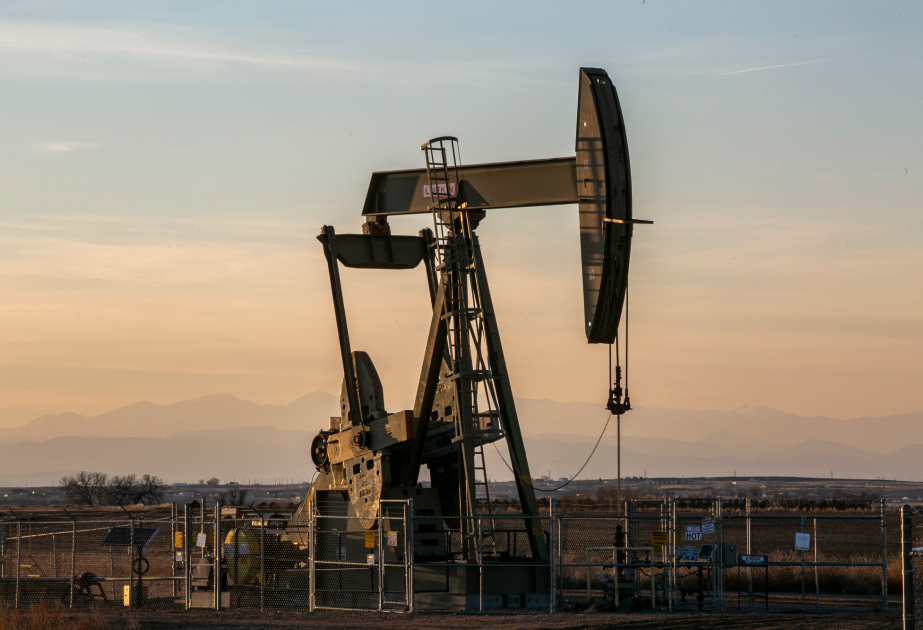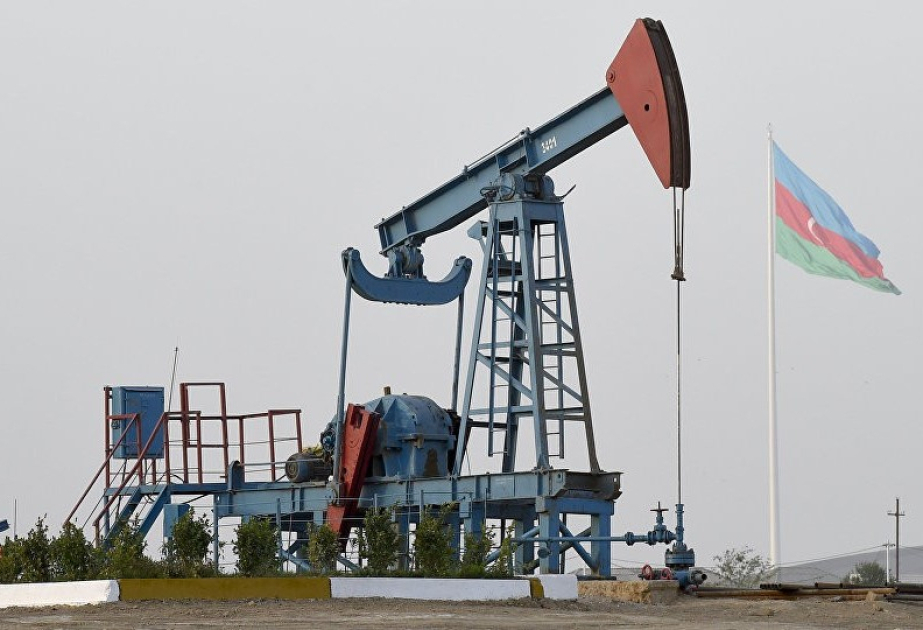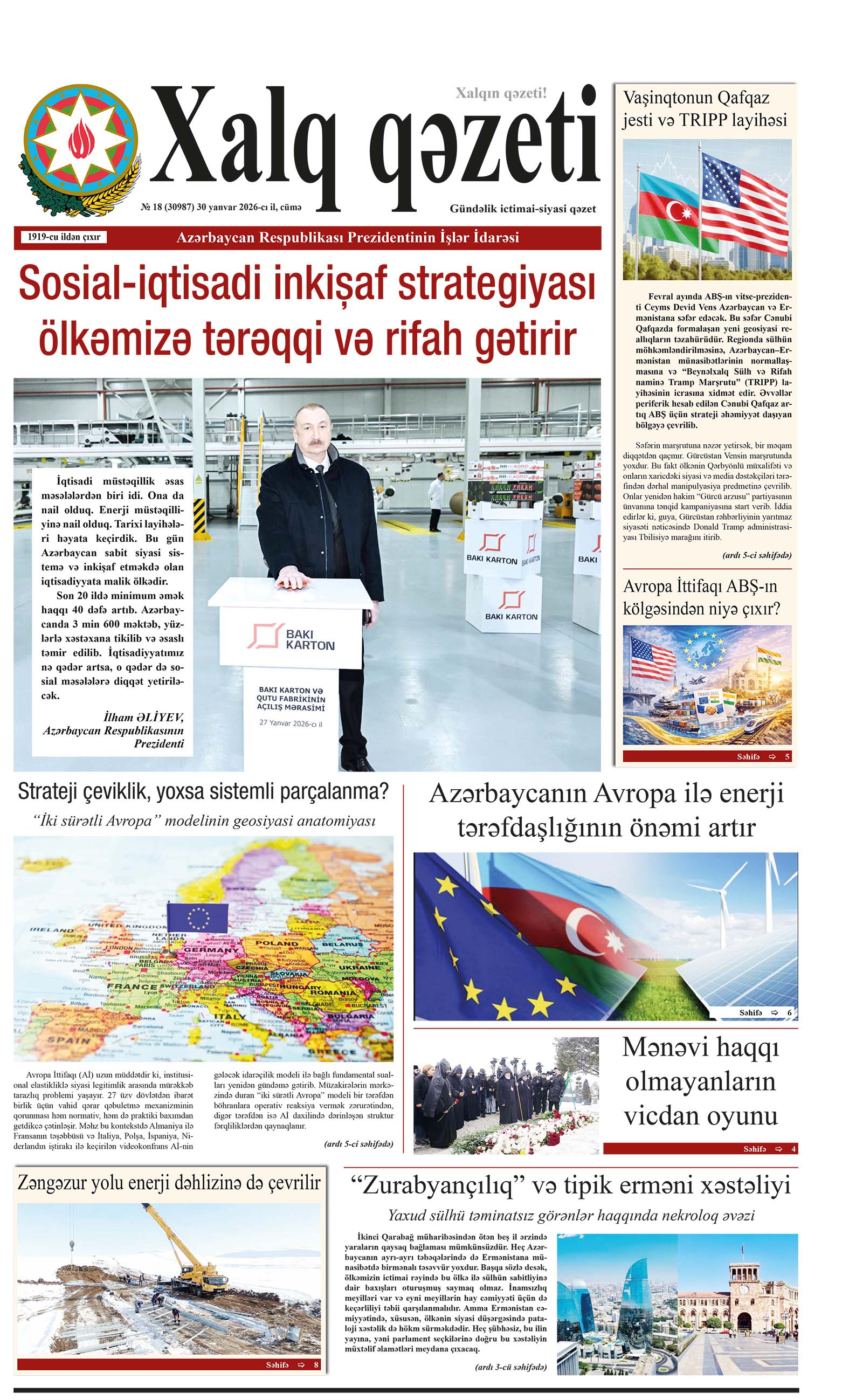Global commodity traders Gunvor and Trafigura anticipate oil prices may range between $60 and $70 per barrel due to sluggish demand from China and persistent global oversupply, executives told a conference on September 9, Report informs referring to Reuters.
Oil prices have been under pressure due to concerns about waning demand in key economies China and the US - despite earlier expectations of summer demand being supportive - dipping after touching over $90 a barrel earlier this year.
Market relief came after the Organization of the Petroleum Exporting Countries and its allies, the group known as OPEC+, agreed last week to delay a planned oil output increase for October and November. However, commodity traders warn this relief may be short-lived.
"The market got a little bit of sugar candy for two months, but really very little," Ben Luckock, global head of oil at Trafigura, told the Asia Pacific Petroleum Conference (APPEC), adding that oil prices may fall 'into the $60s sometime relatively soon.'
"The market wants to know...that OPEC is not going to bring those barrels back or at best is going to bring it back much slower and on a deferred basis."
Oil's fair value is $70 per barrel as there is more oil currently produced globally than consumed and the balance is set only to worsen over the next few years, said Torbjorn Tornqvist, co-founder and chairman of energy trader Gunvor.
"The problem is not in OPEC, because they've done a great job to manage this," Tornqvist said. "But the problem is that they don't control where the growth is right now outside OPEC, and that's substantial."
"Growth is slowing in the US but not coming to a halt and still significant, which presents another challenge for OPEC+ decision-making," Jim Burkhard, vice president of research at S&P Global Commodity Insights, told the APPEC conference.
Burkhard sees OPEC+ increasing oil supply next year for the first time since 2022 and even if the group decides not to do so, spare oil production capacity globally, including over 5 million bpd in the Middle East, is set to pressure prices.
"The cycle of oil supply surplus continues. It will come to an end, but that will be in 2026 or beyond," he said.
Soft demand in China, the world's second-biggest economy, is also worrying markets, Trafigura's Luckock said, adding that some market players believe Beijing may have more economic stimulus in reserve depending on the outcome of the U.S. presidential elections in November.
"There are plenty of examples of what the Chinese central government is doing to help the economy at the moment, but none of it is this big bang headline that sometimes the market wants," Luckock said.



















